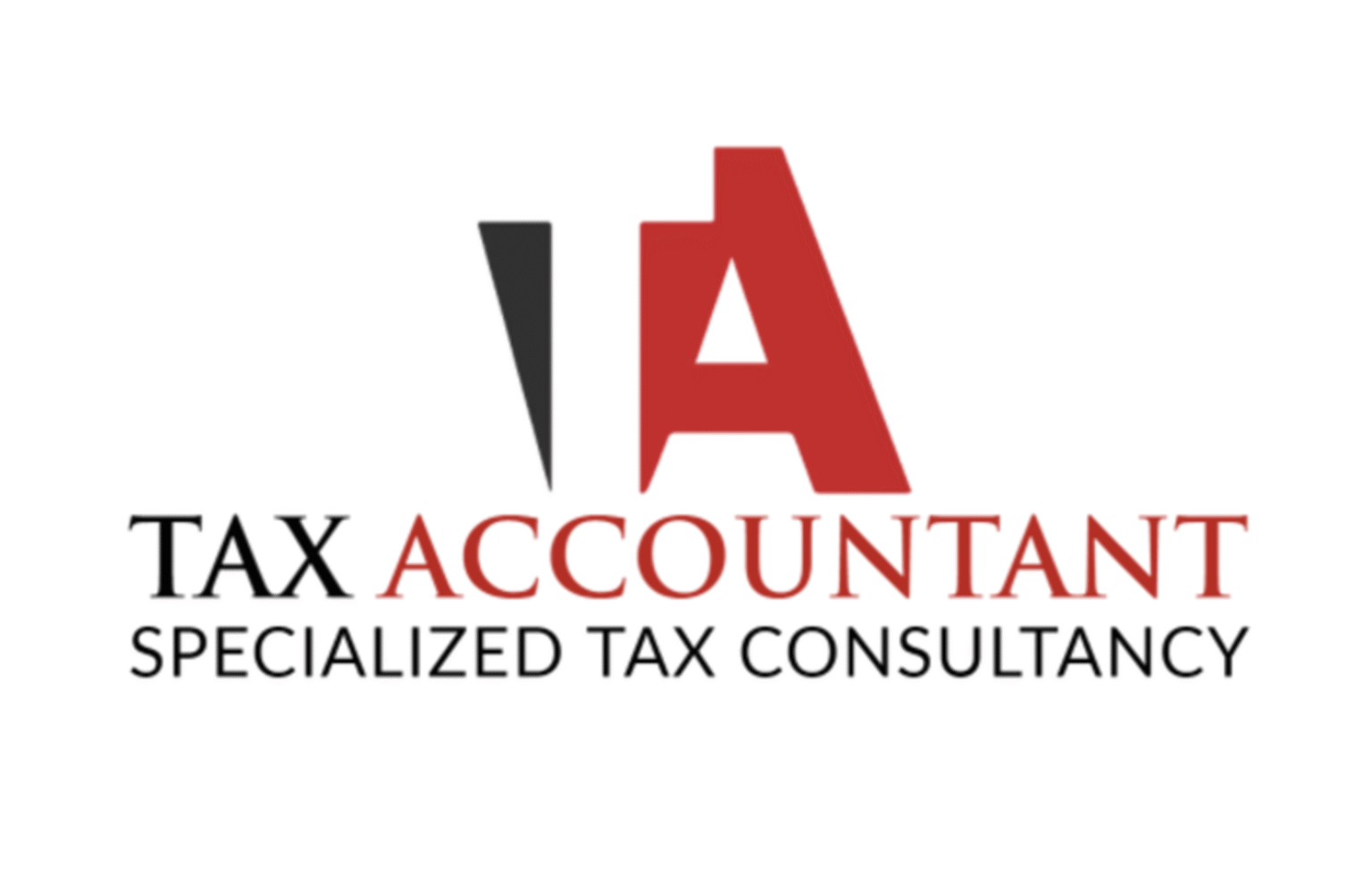Tax advice isn’t just about numbers — it’s about integrity. Behind every spreadsheet, return, and allowance lies a fundamental question: Can this advice be trusted?
In an era where financial information travels faster than ever, the relationship between clients and tax advisers depends not only on expertise, but also on ethics and transparency. Trust is no longer a luxury in the world of tax; it’s the foundation on which compliance, reputation, and long-term success are built.
This article explores why ethical practice matters in tax advice, how transparency builds enduring trust, and what both professionals and clients can do to uphold these principles.
1. Why Ethics Matter in Tax Advice
Taxes touch every aspect of life — from personal income to corporate decision-making, from social welfare to public infrastructure. Advising on tax, therefore, carries immense responsibility.
Ethics in tax advice go beyond simply following the law. They involve understanding the spirit of the law, respecting public interest, and ensuring that guidance helps clients meet obligations fairly and transparently.
When tax advisers cross the line into aggressive avoidance or manipulation, the consequences are severe — not only for the client, who may face penalties, but also for society, which loses faith in the fairness of the system.
Ethics form the invisible contract between adviser and client: to act with integrity, to prioritise truth, and to uphold trust above convenience.
2. The Fine Line Between Planning and Avoidance
One of the biggest ethical challenges in taxation is drawing the line between legitimate tax planning and unethical tax avoidance.
-
Tax planning uses available reliefs, allowances, and structures legally to reduce liabilities.
-
Tax avoidance exploits loopholes, technicalities, or artificial arrangements that undermine the intent of the law.
For instance, claiming business expenses that are genuinely “wholly and exclusively” for work is ethical. But inventing transactions solely to create paper losses is not.
This distinction matters because advisers often operate in the grey areas of interpretation. The ethical adviser chooses prudence over opportunism — guiding clients to make informed decisions without resorting to manipulation.
As one chartered tax professional once put it, “If you’d be embarrassed to explain it to HMRC, it’s probably not ethical.”
3. The Trust Deficit: Why Transparency Is the Cure
In recent years, public trust in tax systems has been shaken by scandals involving multinational tax avoidance and high-profile evasion cases.
While these make headlines, the effect trickles down to everyday taxpayers. Many now wonder: Can I trust my accountant? Is this advice really above board?
Transparency is the antidote to this trust deficit. When advisers are open about:
-
how calculations are made,
-
what rules apply,
-
and what risks or grey areas exist,
they empower clients to make informed, confident decisions.
Ethical tax advice means no surprises — no hidden motives, no secret shortcuts, and no fine print that later turns into a liability.
4. The Role of Professional Standards
In the UK, professional tax advisers are guided by a framework known as Professional Conduct in Relation to Taxation (PCRT) — developed by leading accounting and tax bodies such as the ICAEW, ACCA, and CIOT.
PCRT sets out clear ethical principles:
-
Integrity – being honest and straightforward.
-
Objectivity – avoiding bias or conflict of interest.
-
Professional competence and due care.
-
Confidentiality.
-
Professional behaviour – complying with laws and avoiding discredit to the profession.
By adhering to these standards, reputable firms reinforce public confidence in the tax system. Ethical advisers are not just compliant — they are accountable.
5. How Transparency Strengthens the Client Relationship
Clients trust advisers with their most sensitive financial data. This trust can’t be bought — it must be earned through openness.
Transparency builds trust in several ways:
a. Clarity of Advice
Explaining the “why” behind every recommendation demystifies complex tax rules. When clients understand decisions, they feel respected and secure.
b. Informed Consent
Clients should know the implications of every tax choice — benefits, risks, and potential scrutiny. Transparent advisers provide balanced information, not just optimistic projections.
c. No Hidden Fees
Clear communication about pricing and scope of service avoids misunderstandings. Ethical transparency extends to how accountants bill for their work.
d. Accountability
When advisers document decisions and rationale, both parties are protected. Transparency turns advice into a partnership — not a blind transaction.
Ultimately, trust thrives where communication is clear, and intentions are honest.
6. When Ethics Are Ignored: The Real-World Consequences
Ignoring ethics in tax advice can lead to more than financial trouble — it can erode credibility and destroy reputations.
Recent years have seen HMRC clamp down on:
-
disguised remuneration schemes,
-
artificial partnerships,
-
and aggressive offshore structures.
Clients who followed unethical advice have faced years of investigations, penalties, and stress — even when they acted in good faith.
The damage extends beyond individuals. Each high-profile tax scandal feeds public cynicism, undermining the legitimacy of the tax system itself.
The cost of unethical advice is therefore not measured just in fines — it’s measured in lost trust.
7. The Ethical Adviser’s Dilemma: Saying “No”
Ethical advisers sometimes face difficult conversations. Clients may ask for ways to “get around” certain taxes or “make things disappear.”
In such cases, the professional must balance commercial interest with moral duty. Saying “no” can mean losing a client — but saying “yes” to questionable schemes risks far greater consequences.
True professionalism means having the courage to prioritise integrity over income.
The right advice is not always the most profitable, but it is always the most sustainable.
8. The Client’s Role in Ethical Tax Practice
Ethical tax advice isn’t one-sided. Clients, too, have responsibilities. Trust is mutual — advisers can only be transparent if clients are honest.
To foster an ethical partnership, clients should:
-
Provide full and accurate information.
-
Ask questions if they don’t understand a recommendation.
-
Avoid pressuring advisers for “loopholes.”
-
Choose advisers based on qualifications and reputation, not promises of extreme savings.
Informed clients are the strongest allies in maintaining an ethical tax environment.
9. Technology and Transparency: A New Era of Accountability
Digital transformation is reshaping tax advice. From Making Tax Digital (MTD) to cloud accounting, technology enables real-time data sharing between clients, advisers, and HMRC.
This increased visibility reduces ambiguity and promotes accountability. Ethical advisers use technology to:
-
automate accurate record-keeping,
-
minimise human error,
-
and ensure compliance in real time.
Transparency in the digital age isn’t just a value — it’s an expectation.
When clients can see their figures live, review submissions, and track filings, they become participants, not bystanders, in their own financial story.
10. Building Ethical Culture Within Accounting Firms
For firms, ethics isn’t a box-ticking exercise — it’s a culture.
Leaders must model transparency through every layer of the organisation:
-
encouraging open discussion of ethical dilemmas,
-
rewarding honesty over short-term wins,
-
and providing ongoing ethics training for staff.
A culture of integrity ensures consistency in how advice is given, reviewed, and communicated.
This is what differentiates trusted firms from transactional ones. Companies like My Tax Accountant exemplify this approach — combining technical expertise with a clear commitment to openness and professional responsibility.
11. Public Perception and Social Responsibility
Ethical tax practice isn’t just about legal compliance — it’s about social contribution.
Taxes fund public goods: healthcare, education, infrastructure, social care. When advisers help clients meet obligations fairly, they reinforce the system that sustains everyone.
Society respects professionals who balance client advocacy with civic duty. Transparency, therefore, becomes a form of social responsibility — proof that tax professionals can serve both the individual and the collective good.
12. How to Identify an Ethical Tax Adviser
For individuals and small businesses seeking trustworthy guidance, here are key traits to look for:
-
Qualifications – Membership in recognised UK bodies (ACCA, ICAEW, ATT, CIOT).
-
Openness – Willingness to explain processes, not just outcomes.
-
Realistic promises – Avoids exaggerated claims about “huge savings.”
-
Clear pricing – No hidden fees or ambiguous charges.
-
Accessible communication – Available for questions and clarifications.
An ethical adviser welcomes scrutiny, knowing that transparency strengthens — not threatens — their credibility.
13. Balancing Ethics and Competitiveness
Some argue that strict ethics make advisers less competitive. In reality, the opposite is true.
In a marketplace where clients increasingly value honesty and accountability, ethical practice is a competitive advantage. Firms known for transparency attract loyal clients and face fewer disputes.
In the long run, integrity compounds — just like good investments.
14. The Future of Ethical Tax Practice
As regulations tighten and digital reporting expands, ethical transparency will become non-negotiable. Clients will expect open communication, and regulators will demand full disclosure.
Future tax professionals must therefore blend technical knowledge with moral literacy. The best advisers won’t just interpret numbers — they’ll uphold values.
In this new landscape, trust will be the ultimate currency.
15. Conclusion: Transparency as the True Measure of Trust
Ethics and transparency aren’t optional extras in tax advice — they’re its defining elements.
An adviser’s expertise may attract clients, but their honesty keeps them. When both sides commit to openness, accountability, and fairness, the result is more than compliance — it’s confidence.
In an increasingly complex tax world, transparency doesn’t slow progress; it accelerates it — ensuring every piece of advice is both sound and just.
The most ethical advisers know that trust isn’t built in a single meeting or return — it’s built in every honest conversation, every clear explanation, and every transparent decision.




